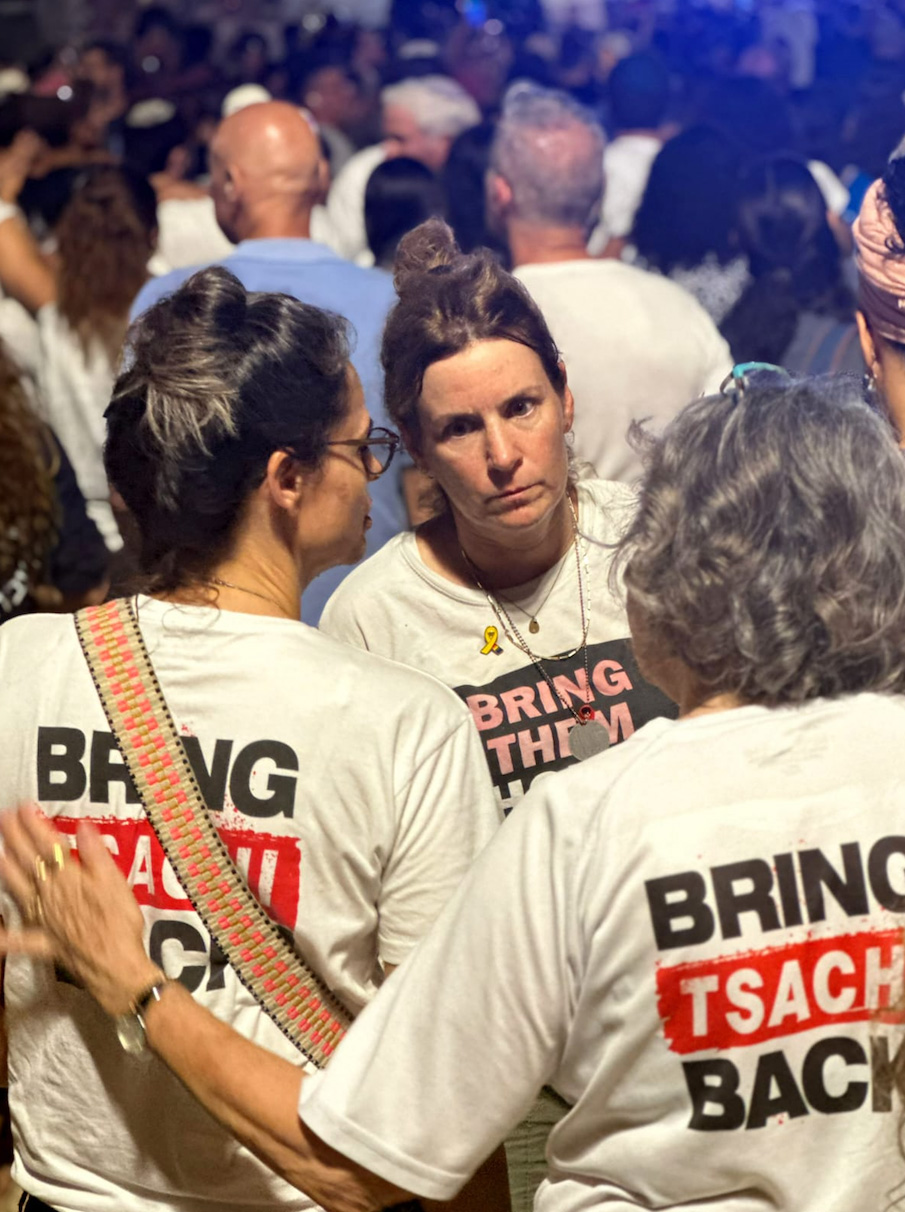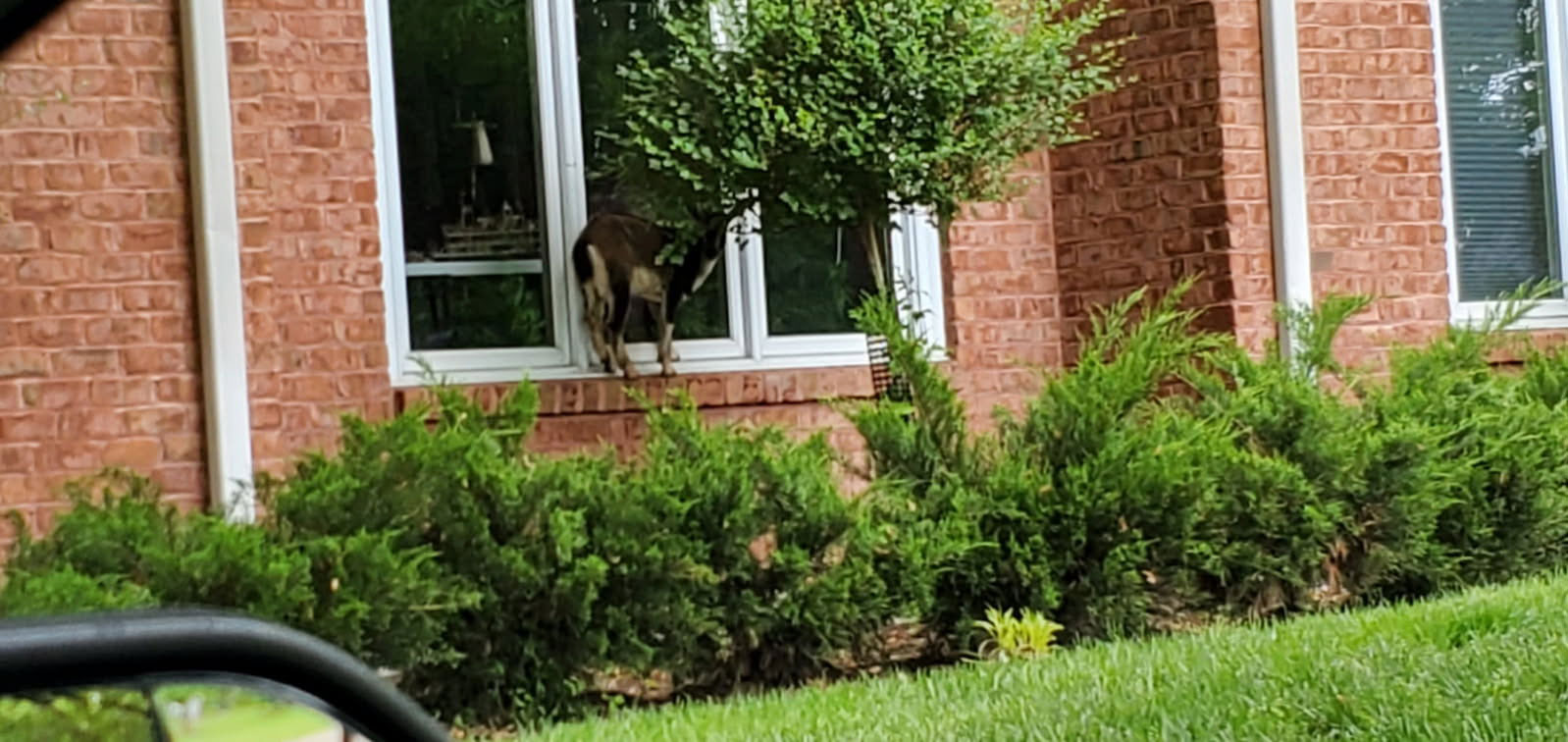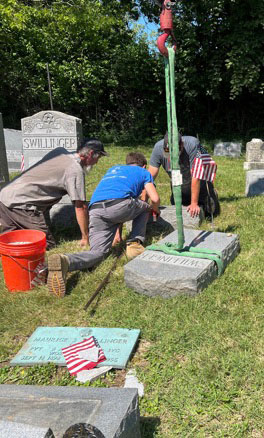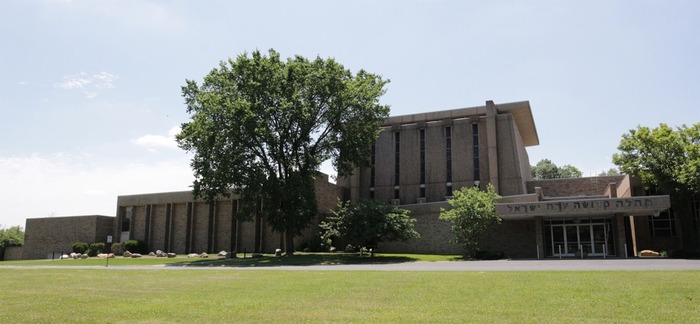Courtesy of Yael Raz Lachyani.
Yael Raz Lachyani at Hostages Square
By Mitch Cohen
Guest Columnist
“We need to remember that we are still waiting for the hostages. It’s been almost a year, and I think it’s human nature that people slowly start to forget about it,” said Mirjam Reijnen. Mirjam (pronounced Miriam) is a member of the Nahal Oz kibbutz community in Israel, which is located only half a mile from the Gaza border. Three months ago, Evelyn Wagner and I conducted our first interview with Mirjam Reijnen and Yael Raz Lachyani via Zoom. On September 24th, we had a follow-up interview to get the latest updates as the anniversary of October 7th approached. Yael is a former spokesperson for the Nahal Oz kibbutz. For the past year, Yael’s life has centered around Tel Aviv’s Hostages Square focusing her energy on efforts to bring the hostages home. She spoke about this current period leading up to the October 7th anniversary. Individual memorial ceremonies are being held around Israel for those who lost their lives. Yael said, “We are in a period when we are going to a ceremony all of the time.” Yael said that the next memorial was scheduled for Dikla Arava and her son Tomer. Yael told us the story of 17-year-old Tomer. She said, “The terrorists were holding guns to his back [forcing him to knock on the doors of his neighbors’ houses]. The moment the family opened the door, they came in. Actually, that is when they took Omri and Tsachi to Gaza as hostages. Tomer was knocking on both families’ doors.” Omri Miran (age 46) and Tsachi Idan (age 49) are two hostages from Nahal Oz. I asked Yael if she was encouraged by the reports we hear in the USA about Israel’s military successes. She said, “I don’t want my friends in the north of Israel to suffer from rockets like it’s everyday life. But at the same time, I have only one victory. The one victory is to bring them back. There’s no victory picture for me without them. It’s nice to see that we are making decisions that will protect the state of Israel, but victory for me is having all 101 [hostages] back in Israel.”
Yael said she was ready to move out of the phase of holding memorials into a more positive phase where she can meet with the community for other activities. She said, “I think that after we pass all of the memorial days for the different people, we will start to plan other meetings that are a bit more optimistic and not dealing with death.” Yael said the memorial ceremonies are opportunities to see other adults she knows from all over Israel. She also meets with the community each Friday night for Kabbalat Shabbat in Hostages Square. She said, “It’s a very important supporting circle for the community. We’ve been doing this since the second or third week of the war.” Yael expressed that now that almost a year has passed, it is difficult for her to go each week because she does not see a plan to bring the hostages back.
The idea of bringing the community together is what connected Elad Lev Ran of New York City with Evelyn Wagner here in Cincinnati. Evelyn was introduced to Elad through a close family friend. Evelyn said, “Elad was on the phone with members of the kibbutz on October 7th. He was devastated and has been looking for ways to support them and help them heal. Elad is hoping to share the stories of Nahal Oz to build community for their members and help them in their journey to healing. They have a long road ahead.”
Elad joined us via Zoom for our September interview. Elad was born at Nahal Oz in 1969. He left the kibbutz when he was 22 or 23 years old. He continues to feel a strong connection with the Nahal Oz community. Yael said to Elad, “There is a saying in Nahal Oz that you can never actually leave Nahal Oz. I think over the years, even people who left Nahal Oz always came back to visit. This is something I cannot explain, but you leave a part of your heart over there.”
Elad said, “There is a big circle of support from hundreds of people who were born in the kibbutz or people who were in the kibbutz for a few years. I know from talking to people in other kibbutzim that this is pretty unique [to Nahal Oz]. They are filling shifts, helping organize logistics around the Hostages Square and [setting up] the tents that are there for Nahal Oz.”
Elad continued, “The one thing that was on my mind since the beginning of all of this almost a year ago was that I know how the world works, how time works, how people are. After October 7th, there was a pool of support and sympathy. I knew that at some point it would end because people have different things happening in their lives and there will be other things happening in the world. I knew that the road for the people from those kibbutzim would be much longer.”
Elad spoke about wanting to do his part by helping from afar. He was hoping to give additional support to Nahal Oz by bonding communities outside of Israel together to build a long-term relationship with the long-term support they needed. During the first interview, Yael talked about the need for more support to help the children and the adults deal with the trauma they experienced on October 7th. She said, “There is a lack of social workers, not enough psychologists, not enough nurses, and not enough therapists of any kind. It’s actually very hard for the social workers because most of them never had to deal with something as big as this. It’s hard to know how to help the children when they first have to learn how to deal with it themselves.”

Courtesy of Yael Raz Lachyani.
Yael Raz Lachyani from her balcony in Netivot with a view of Nahal Oz
After October 7th, Mirjam and Yael’s families were relocated to temporary housing at Mishmar HaEmek. Both Yael and Mirjam recently moved to the city of Netivot. There were about 450 people who lived at Nahal Oz before October 7th. Only two families have returned to live there full-time with about 15 people returning to work on the kibbutz during the day. Mirjam’s husband is one of the people who returned to work at the kibbutz. Mirjam said, “We moved a month ago to Netivot in the south. It’s like 15 minutes from Nahal Oz. The main reason was because my husband works on the farm during the day, so it was far better for us to go back to the south, so at least we can have a kind of normal family life instead of him being alone in Nahal Oz five days a week while we are alone in Mishmar HaEmek.” She continued, “We were given the choice of staying at Mishmar HaEmek, moving to Netivot, or going [on our own] wherever else we wanted to go. I think about 30% of the community stayed in Mishmar HaEmek and about 30% moved to Netivot.”
Mirjam is focused on helping her children get back to some sense of normalcy. She said, “My daughter had a chance to go back to Sha’ar Hanegev, the school where she was before the 7th of October or she could go to a different Sha’ar Hanegev where it is much quieter. The second location was only for children from Nahal Oz and Kfar Aza. Most of her friends are from other kibbutzim so she kindly asked me if I would agree to let her go back to her own school, so that’s what I did even though it was a little bit hard for me because it’s too close to the border. But that was her wish, and that’s what we did.”
In our first interview, Mirjam gave a detailed account of her family’s story on October 7th. Mirjam said, “I was in my house, and we were lucky, because normally on Shabbat my husband goes out to run in the fields, but the night before he broke a tooth and couldn’t sleep.” When she heard the first rockets, she thought, ‘Why are they shooting rockets? Is this some kind of special day? There are always special occasions.’ But when she heard the siren alerts, she ran to the shelter. “First I had to grab my daughter. I literally threw her in the arms of my husband who ran with her to one of the shelters. Then I got back to get my son because he was sleeping in another room. We have two very small safe rooms so my husband and my daughter went in one room and I was with my boys in the other room. I think it was about ten minutes of constant firing and explosions. If you live six years in this area, you start to recognize the sounds. You know when you hear an explosion if it’s from our iron dome system or if it’s a rocket or a mortar. But now we hear so many things that even my husband who can recognize the sounds very well couldn’t recognize that many sounds. After ten minutes it stopped. We got out of the room and then it started again. We decided to run together into one shelter and even the dog came with us. It’s seven square meters, so we were there with five people and the dog. We were afraid to put on the air conditioning because we didn’t want anyone to hear us. It took me a while before I realized what was happening. Even when I saw the WhatsApp messages from the community saying there were terrorists in their houses and they needed help, I still tried to deny everything because I thought this couldn’t be true. I thought somebody was just making it up. I tried to keep that thought for a long time until my son showed me a video on his phone from one of our members of the community who was taken by Hamas. We couldn’t lock our door. Safe rooms are not made to keep terrorists outside. The safe room is made to protect you from rocket fire. So we just grabbed some sheets and put them around the handle of the door. We didn’t have any food or water, and we couldn’t go to the toilet, so we just used some of my daughter’s toy boxes. The dog didn’t bark. She didn’t make a sound the whole time. You hear from people that even the dogs understood that something terrible was happening. It was hot. We had a lack of oxygen and all of the time somebody was falling asleep and waking up. All of the time I thought, ten more minutes, and then the army will come because we have a military base that is only a few hundred meters next to the kibbutz, so it couldn’t take long. So we thought that in a few minutes, they would come to rescue us, but they didn’t come. We had a terrorist running in our garden, but for some reason, he skipped our house. It was just luck. I cannot make anything else out of it. After nineteen hours, the army came to take us out of the house. We were brought to a place with other families, and from there we took a bus to the south of Israel. From there, we took another bus to the north and came to the Mishmar HaEmek kibbutz.”
Mirjam talked about making Aliyah six years prior. Her family came to Israel from the Netherlands. “From the moment we got into the kibbutz, we felt that it was the place where we wanted to live and where we wanted the children to grow up. It’s a feeling. It’s the environment. In my case, I really felt that I was coming home. I thought OK, this is the place, and I want to be here. It was quiet for a few years after the war in 2014, but actually, the evening we arrived was when the first rocket was launched from the Gaza Strip toward Israel since the war in 2014.”
During my latest interview, I asked Mirjam if she hopes to go back to live at Nahal Oz at some point. She said, “Of course. It’s my house, my home. But I don’t know if I will be able to. I think a lot depends on how the war will end, when it will end, and what will happen with the rest of the hostages – if they will be coming back. I mean, I don’t hear anything. I’ve been there a couple of times, but I cannot imagine living there, even though I really want to be there, especially now with everything that’s going on. I don’t know how you can walk around there knowing that within maybe six or seven hundred meters, one of your neighbors, one of your friends is on the other side of the border, because it’s so close. It’s like you can hear them screaming in your head. So for me, it’s impossible to live there right now.”
Evelyn asked Yael how she was doing with October 7th approaching. Yael said, “It’s not like it’s October 7th all over again. It’s the knowledge that this is our new way of life. We were refugees and shocked by the situation and shocked by the hostage situation. Everything was so confusing. Now, what I think about most and what scares me or frightens me or makes me sad is that it’s like final. It was final a year ago. It’s not like in Judaism when you have the first year [of mourning] to reconstruct your life. We haven’t reconstructed our lives. We are still refugees. And at the same time, they are not here. And I miss them. I actually miss them, and it’s really difficult.”
Yael continued, “I would say that there is no situation in the Western world where terrorists came into houses and took people. We have no information about them for almost a year. I don’t want people to read and move forward like talking about Lebanon and not remembering that we are still waiting for them [to come home]. I will also add to what Elad says that it’s very difficult and very long and you cannot measure recovering but you can hope that every day it will be a bit easier. We need a lot of time to make it something optimistic and full of hope and full of rebuilding so it’s a marathon.”
Yael’s mood changed when she spoke about her new apartment in Netivot. She just moved there a few days prior to our interview. Although she talked about the challenges of getting used to a new routine and new travel times to Hostages Square, she was excited about her new living space and its proximity to Nahal Oz. She said, “It’s an apartment. For me, it feels a little bit more stable, not like a temporary house. I mean, it’s temporary for me, but the rooms are normal size rooms and the kitchen is a normal size kitchen, and my apartment has an amazing view. I can see Nahal Oz from my balcony. So every morning I step out, take a little breath of seeing my home and start my day.”
For readers interested in reaching out to the Nahal Oz community, you may contact Evelyn Wagner here in Cincinnati. She will put you in touch with Yael and Elad. Yael will be publishing a newsletter on Simchat Torah with the latest information about the Nahal Oz community.





